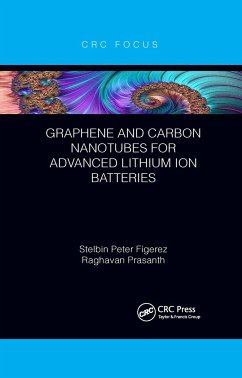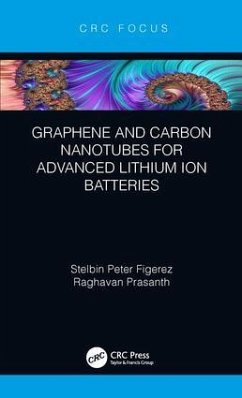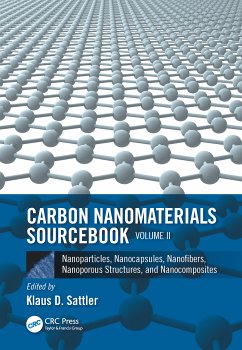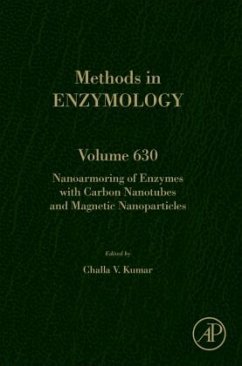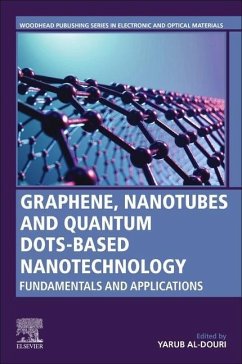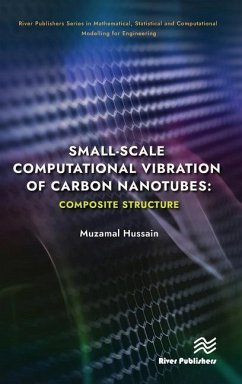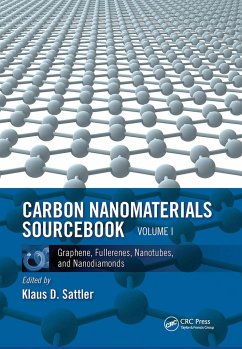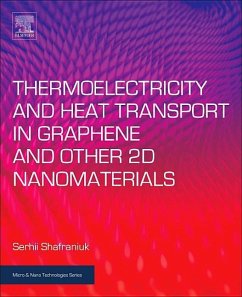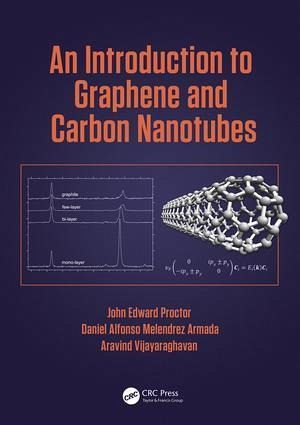
An Introduction to Graphene and Carbon Nanotubes
Versandkostenfrei!
Versandfertig in 1-2 Wochen
108,99 €
inkl. MwSt.

PAYBACK Punkte
54 °P sammeln!
"This book introduces the reader to the science of graphene and carbon nanotubes. The reader will gain the basic scientific knowledge to critically evaluate the claims made in the literature and in the public arena about the physical properties and potential for applications of graphene and carbon nanotubes. In addition, the book uses these simple systems as excellent models to demonstrate important concepts in solid state physics and materials chemistry to the reader. The book is co-authored by one of the leaders in public engagement at the National Graphene Institute at Manchester University...
"This book introduces the reader to the science of graphene and carbon nanotubes. The reader will gain the basic scientific knowledge to critically evaluate the claims made in the literature and in the public arena about the physical properties and potential for applications of graphene and carbon nanotubes. In addition, the book uses these simple systems as excellent models to demonstrate important concepts in solid state physics and materials chemistry to the reader. The book is co-authored by one of the leaders in public engagement at the National Graphene Institute at Manchester University, which was founded in honour of the Nobel Laureate Sir Andre Geim"--



